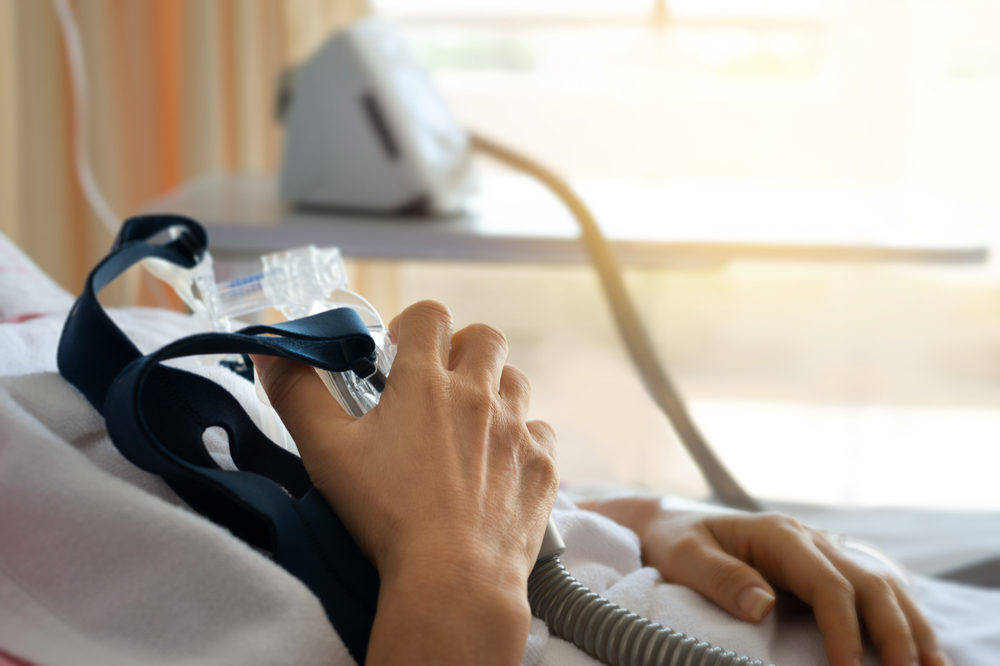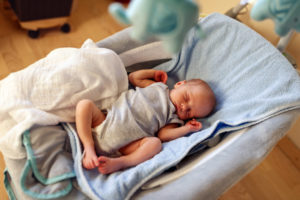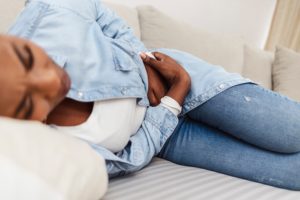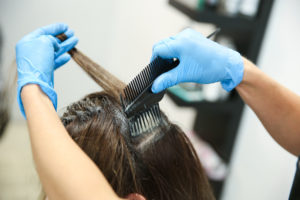
About 18 million Americans suffer from sleep apnea, which causes people to stop breathing while asleep. Untreated sleep apnea patients are more likely to experience heart failure, stroke, and sudden death. The most popular method of treatment is CPAP therapy, which stands for continuous positive airway pressure. These machines plug into an outlet and provide a steady flow of oxygen through a face mask, reducing the chance that someone will breathe irregularly.
Unfortunately, one leading CPAP manufacturer has revealed that some of these lifesaving machines might pose a danger. In June, Philips Respironics recalled certain BiPAP and CPAP devices because of chemicals that could cause long-term health problems. If you’ve been using a Philips machine, you’re likely wondering whether you’re affected. Here are answers to some questions you may have.
What Caused the CPAP Recall?
CPAP and BiPAP devices contain polyester-based polyurethane abatement foam that helps reduce sound. Philips learned that the foam could break down, releasing chemicals into the airway and causing the person using the device to breathe in particles.
The company received reports of headaches, chest pressure, sinus infection, cough, and upper airway irritation and voluntarily recalled its machines. Other possible health issues include skin, eye, and respiratory tract irritation, inflammatory response, asthma, dizziness, nose irritation, hypersensitivity, nausea, and vomiting.
The symptoms associated with the defective CPAP devices are common enough that patients may attribute them to another cause and not realize their machines are responsible. Repeated exposure to these chemicals can also damage the kidney and liver and increase the chance of developing cancer.
Is My Device Affected? If So, What Do I Do?
If you’re using one of the affected machines, call your doctor immediately and ask their opinion of how to proceed. They may propose an alternative treatment or tell you to continue using the machines if the benefits outweigh the risks. You should also register your device on the Philips recall website. The below devices are affected by this recall:
- E30 (Emergency Use Authorization)
- DreamStation ASV
- DreamStation ST, AVAPS
- SystemOne ASV4
- C Series ASV, S/T, AVAPS
- OmniLab Advanced Plus In-Lab Titration Device
- SystemOne (Q series)
- DreamStation CPAP, Auto CPAP, BiPAP
- DreamStation GO CPAP, APAP
- Dorma 400, 500 CPAP
- REMStar SE Auto CPAP
- Trilogy 100 Ventilator
- Trilogy 200 Ventilator
- Garbin Plus, Aeris, LifeVent Ventilator
- A-Series BiPAP V30 Auto Ventilator
How Do I Find a Replacement CPAP?
Philips has committed to repairing and replacing these machines in the next 12 months. Unfortunately, some patients face long wait times and unclear answers about when to expect a replacement, leaving them no choice but to continue using their devices.
Insurance companies typically only pay for one machine every five years, so people who decide to buy a replacement instead of waiting on Philips might not get reimbursed. New Jersey residents are even contacting local news stations and begging them to help because they can’t get answers from the manufacturer.
What Should You Do If You Develop Symptoms?
If you have any symptoms after using a Philips CPAP or BiPAP device, you should report them to the FDA’s MedWatch Safety Information and Adverse Event Reporting Program, so the agency knows how many people have been detrimentally affected. You should also consider contacting an attorney to discuss possible legal options. If it’s determined that the devices are inherently flawed and Philips should have used a different design to reduce the risk of foam degradation, you might be entitled to compensation for any side effects you’ve experienced.
It is also unclear how long Philips was aware of this problem before issuing an official recall. It hasn’t been determined whether the manufacturer knew about the risks and failed to warn consumers, but they could be held liable in court if so. There are already several class-action lawsuits seeking reimbursement costs from Philips. Regardless of how you’ve been affected, consulting with a lawyer familiar with defective product cases will help you determine whether you should move forward with legal action.
If you or someone you know has been affected by the Philips CPAP and BiPAP device recall, the New Jersey lawyers at D’Arcy Johnson Day can help answer any questions and determine possible legal options. For a free legal consultation, call us at 866-327-2952 or contact us online.

As a partner with D'Arcy Johnson Day, Andrew D'Arcy has been involved in some of the nation’s most high-profile cases and investigations. His practice includes serious automobile accidents, medical malpractice, wrongful death and product defect cases. Andrew has been personally responsible for numerous multi-million dollar settlements and verdicts on behalf of his clients. He has been recognized by his peers as an "AV" rated attorney, the highest possible rating given by Martindale-Hubbell publication. Andrew has been named a "Super Lawyer" by New Jersey Monthly magazine each year consistently since 2013.














Comments for this article are closed.